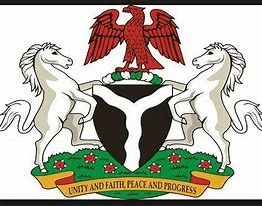Democracy & Governance
12th Of June, A Democracy Day -By Okegbemi Mary Boluwatife
The impact of corruption has been a pressing issue that stifles economic growth, lessen economic efficiency and development despite the democracy.

June 12 marks the beginning of the effortful civilian government from colonial rule back in 1960. Though a Moshood Kashimawo Abiola’s day (now Democracy Day) commemorates the democratic election on 12th June, 1960 as he becomes an unexpected symbol of democracy. The significance of the day, a core democracy day, principled people’s sovereignty, legitimately after serving most under military juntas.
This democracy day carries immense noteworthiness in Nigeria. The event on this day surround the 1993 presidential election that held the first time since the 1983 military coup. Innocent people lost their lives that day as the celebration lasted only for two hours after the military declared the election results canceled. Abiola contested, won, and received the highest votes from South West in the election.
Lessons learned from June 12 reveal how Democracy will lose strength if corruption and unfairness persist. The military should never be allowed to find its way by into governing the country again. Besides, it serves as an instrument to breed harmony among political parties in Nigeria and balance in political decisions.
Nigeria has surely rehash in the economic system as corruption has severely tarnished, and crippled her reputation. The impact of corruption has been a pressing issue that stifles economic growth, lessen economic efficiency and development despite the democracy.
In sum, continuing in democracy can help to relinquish corruption. Hence, giving people a chance to participate in government, politics will help to reduce exploitation, promote equality, and transit power.









